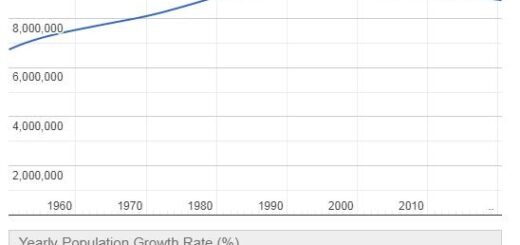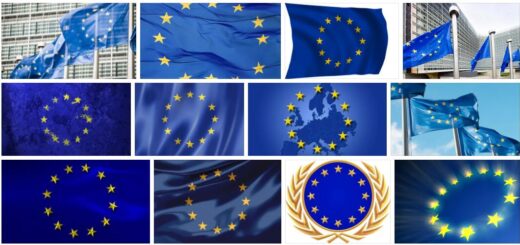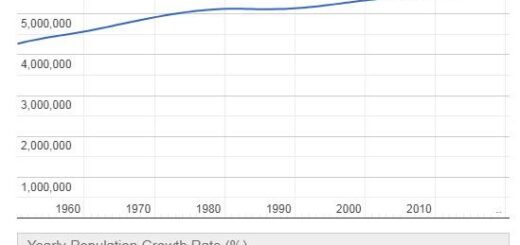Italy Reformers
There are numerous Italian thinkers who in the century. XVI, who took refuge abroad for having adhered to heretical ideas, made a notable contribution to the Protestant Reformation.
Pietro Martire Vermigli, professor in Zurich, Germany, England, contributed there to the ecclesiastical reorganization, Pier Paolo Vergerio, was Luther’s prosecutor as a very active controversialist in Württemberg; Matteo Flacius Illyricus influenced German historiography with the “Centuries of Magdeburg”; Girolamo Zanchi taught theology and philosophy in Strasbourg and Heidelberg; his work De Natura Dei (1576) offered an early philosophy of religion; Giulio Pace from Vicenza, one of the first jurists of the time, taught first at the Calvinistic Academy in Geneva, then in Heidelberg, Sedan, Montpellier, Padua and finally in Valence; Emanuele Tremellio, a Jew converted to Calvinism, in England in 1547, professor at Cambridge, Metz, Heidelberg, Sedan, gave great impetus to Jewish studies in England. In addition to these we must remember Pietro Bizzarri in Augusta, Galeazzo Caracciolo, the Balbani brothers, in Geneva.
The mass of the Italian reformers of Geneva, Lyons and Toulouse exercised the trading and banking as well as the groups of Antwerp and Augusta, or served as diplomatic and political agents such as Vincenzo Maggi from Brescia. Notable among others are the families of the Oltramare da Genova (in Geneva since 1570), as well as those of the Burlamacchi, Calandrini, Diodati, Micheli, Minutoli, Rustici, Simoni, Turrettini among the many Lucca. Less numerous but no less active are the groups in Basel (an Ambrogio Socino gives rise to a Socin family that counts famous university professors) and in Zurich, where the famous “Locarno community” which included families such as the Orelli and the Pestalozzi. Ippolito de Collibus was a professor of law in Basel and Heidelberg; Bernardino Ochino actively participated in the organization of the Italian Protestant Church in Zurich and the English Church; with his theories on free will he strongly influenced Leibniz, with his conceptions of the unity of religions, tolerance, spiritualism, he directly influenced Milton and K. Schwenckenfeld as well as in general the English educated society of the time. Giacomo Aconcio and his De Methodo and with his Stratagems of Satan , acquired fame in the English and Dutch world of the century, acting directly on the latitudes of the various confessions. Celio Secondo Curione, antitrinitarian and spiritualist, transfused his conceptions in a large number of religious tracts that acquired diffusion in Protestant schools (Basel, Strasbourg) alongside his writings for humanistic teaching. Sebastiano Castellion, Italian, not French, drew his ideas from Ochino and Curione, whose scholastic operettas were widespread, and who also influenced Quaker spiritualism. Francesco Pucci’s ideas on natural religion and theodicy precede those of Leibniz and those of Herbert of Cherbury.
The influence of the Socinians – Lelio and above all his nephew Fausto, true founder of the Socinian movement and organizer of Polish dissidents – made itself felt directly and immediately with the Crypto-Socinians (Soner, Peuschel, etc.) at the University of Altorf, in the which Leibniz studied, and on the Armenian ecclesiastical movements, of the remonstrants, and latitudinary; indirectly through a protestant sect on Spinoza, to be gradually accepted in the eighteenth century by the Protestant world.
The importance of the Socinians is not limited only to the strictly ecclesiastical field, but it is also very remarkable for the whole development of political, moral and theological thought of the 17th century. The famous Giorgio Biandrata, doctor of Stefano Báthory, founder of Transylvanian unitarism, is a very active propagator of rationalistic antitrinitarian monotheism. In Heidelberg Scipione Gentile taught the theories of the more famous brother Alberico on the law of nations, also based on Socinian concepts. Giovanni Paolo Alciati, Socinian and Anabaptist, after long wanderings in Switzerland, Germany, Poland, withdrew to Gdansk; Giovanni Valentino Gentile, from Cosenza, also defended and advocated a rationalistic antitrinitarian monotheism. Notable is Francesco Stancaro from Mantua, a Jewish scholar, introducer in Poland of Italian humanistic theology, thus preparer of Socinianism. Francesco Lismanin (died 1563), was also one of the main introducers of the Reformation in Poland; Gerolamo Massari, from Vicenza, was famous for the libellus in favor of tolerance Eusebius Captivus . Iacopo Paleologo, rector of the Klausenburg gymnasium (Cluj, in Transylvania), actively participated in the spread of political tolerance with the political De Magistratu . Agostino Doni da Cosenza developed his theories, more daring than the Telesians, in De Natura Hominis during his residency in Basel . We still remember the names of the humanists Michele Bruto, Bernardino Bonifacio Marquis d’Auria. Matteo Gribaldi, while propagating his new method of studying law in France and Germany, affirms his rationalist (anti-Trinitarian) conception of the Christian religion in those countries.
Professor and rector of the University of Basel in 1578 is Nicola Giovanni Stupano (1542-1621), biographer of the Curioni, author of translations of the works of Patrizi, Alessandro Piccolomini, Machiavelli, much discussed in cultured circles. Giacomo Calco da Milano taught theology in London; protected by the English ambassador Morison, against the famous Granvelle, bishop of Arras, in 1551, we find the polemicist and visionary Giovanni Leone, advocate of a union of Christians with Mohammedans. The Venetian Giovanni Brocardo, whose work on the Apocalypse was translated into English, also exercised a certain influence in Swiss religious circles. Also noteworthy are Simone Simonio and Marcello Squarcialupo, doctors and religious polemics. Publisher of most of the works of these Italians was the typographer Pietro Perna, also a refugee for reasons of religion in Basel. Nor should we forget Giordano Bruno’s long didactic activity (1579-91) in France, England and Germany.



